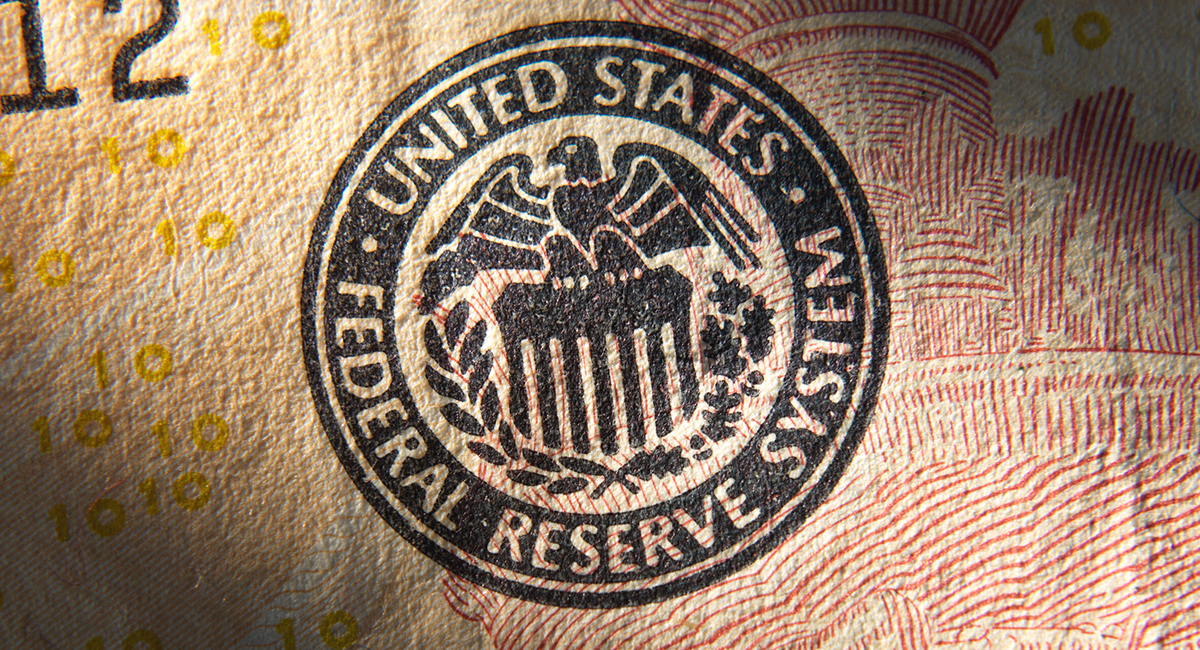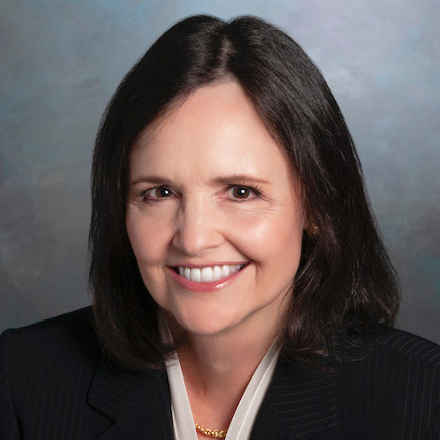“The policy of this government is a strong-dollar policy.” President Bush has consistently stuck to this story throughout his White House tenure, which spans three Treasury secretaries. Just last week, current Treasury chief Henry Paulson toed the line with the requisite statement: “I feel very strongly that a strong dollar is in our nation’s interest and we believe currency values should be set in a competitive marketplace based on underlying economic fundamentals.”
The dollar has become like the weather: Everybody talks about it, but nobody does anything about it.
To insist that the U.S. has a strong-dollar policy, while standing idly by as our money sinks against a basket of six currencies to its lowest level in 15 years, is to abrogate leadership in the global financial arena. The central banks of Europe and Asia are treading lightly, concerned about complaining too vociferously lest they precipitate the very dollar rout they fear. But as their own currencies rise, they are feeling the economic and political pressure from lost export competitiveness.
Meanwhile, the value of central-bank portfolios—more than 60% of accumulated foreign-exchange reserves are kept in U.S. dollars—is declining rapidly, causing great consternation. Should they sell their dollar assets, contributing to the tumult? Or ride the plunge all the way down at considerable loss?
When the Federal Reserve opted to reduce interest rates last week, it was clear that new doubts about its dedication to fighting inflation would take a toll on the value of the dollar. By saying that currency values should be set by the marketplace based on economic fundamentals, Treasury has taken a let-the-chips-fall-where-they-may approach, letting the dollar be the default mechanism for overly indulgent credit policies. While it is always a safe retreat to rely on market forces to determine the value of any product or service, the dollar is not just your average internationally traded good. It is the numeraire—the world’s predominant monetary unit for measuring the relative values of all those other assets, financial and physical, brought in good faith to the global marketplace.
At least, it was the world’s primary reserve currency for most of the last century. It’s the residual status of having served as the key currency under the 1944 Bretton Woods international monetary system—the U.S. was obligated to maintain convertibility between the dollar and gold at a fixed price—that feeds our current vanity about wanting a strong dollar while exhibiting a hands-off complacency.
If U.S. officials truly believe in the wisdom of exchange-rate markets, why even invoke a loaded word like strong when it can only suggest they want an overvalued dollar? Obviously, they don’t. Or they wouldn’t be pressing China so hard to raise the yuan.
So, is intervention the answer? Absolutely not; it would only exacerbate the dollar’s untenable situation in the global financial system. And to its credit, the Bush administration has resisted efforts by Congress to intervene in foreign-exchange markets to manipulate the dollar’s value.
Senate leaders have been seeking to correct what they view as tactical and strategic failures in U.S. international economic policy by mandating the Treasury to intervene if currencies become fundamentally “misaligned.” In the process of finalizing legislation, it has become clear that politicians see a trade-off between imposing a tariff on goods exported from China—making them more expensive for American consumers—and raising the price of Chinese goods by strengthening the yuan, i.e., weakening the dollar (though they seldom put it the latter way).
The good thing about the debate is that it clarifies two very important points: (1) As irrational as foreign exchange markets can be, it would be worse to have the dollar’s value artificially pegged by self-serving officials subject to political intimidation and (2) weakening the dollar is the same as imposing tariffs on goods imported from our trade partners.
And that’s the travesty of the dollar and the tragedy of the international monetary system today. What we have is a non-system of chaotic exchange-rate movements that confounds rather than facilitates global free trade.
The massive currency swings that reign between the dollar, the euro, Japanese yen, British pound, Canadian dollar, Swedish krona and Swiss franc wreak havoc on demand-and-supply outcomes for goods traded across borders. The New York Board of Trade’s U.S. Dollar Index, which tracks the dollar’s value relative to a basket of those six other currencies, has tumbled 34% since its July 2001 peak. Why pontificate about the importance of eliminating tariffs to promote open markets when the impact of a gyrating dollar is far more devastating, far more protectionist in its effect on global free trade?
It is time for the U.S. to acknowledge what we have tried to wave off under the pretense of allowing free markets to decree the value of our currency. For the intellectual record, we should recognize that markets are not free when entry is restricted; only governments can be suppliers of currency, which means the foreign-exchange market is already dominated by a cartel. And on the demand side, consumers of currency rarely have a choice that allows them to price their goods or services in violation of legal tender laws. In other words, foreign-exchange markets are inherently rigged in favor of a few players.
Meanwhile, the rest of us—the ones who have to use money as a standard of value, a unit of account, a medium of exchange and a store of value—are forced to make business plans and conduct transactions using a moving target. We are asked to accept the morality and rationality of free trade and open global markets while having to contend with monetary arrangements that negate the benefits of comparative advantage.
It’s a cynical approach that undermines genuine individual effort—rewarding people who guess right about currencies rather than those who strive to deliver value. Exchange-rate movements transform an efficient supplier from a strong-currency country into a noncompetitive loser, while the supplier who has done nothing to produce an improved-quality good for less expense finds that the cheap-currency policies of his country make him a first-class competitor.
If we truly believe in a global marketplace where outcomes are determined by competition and competence, not localized monetary policies, we need a global monetary unit of measure. We need a meaningful global currency. It could start as a voluntary one—a parallel currency available to buyers and sellers wherever they find themselves wanting to do business around the world or in cyberspace.
When can we expect U.S. leadership on the need for a new Bretton Woods? Prof. Robert Mundell, the Nobel economist who has long argued for a reformed international monetary system using gold as a reserve asset, should be consulted as soon as possible; ideally, by President Bush or one of the candidates who aspires to succeed him. The next best choice would be French President Nicolas Sarkozy, who needs to move away from simply browbeating monetary officials at the European Central Bank. If Mr. Sarkozy resents current policies, why not propose a new system entirely, one that would establish a level monetary playing field for international trade?
Someone with a bold vision for the future of democratic capitalism, someone who appreciates the entrepreneurial spirit, needs to seize the moment before money meltdown takes a terrible toll on world trade. If America does not take the lead on this issue, rest assured, one of our competitors will.









